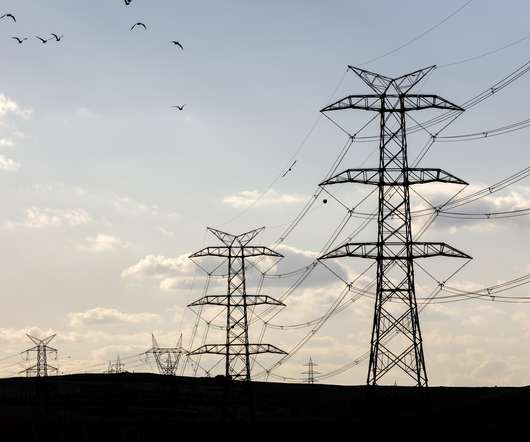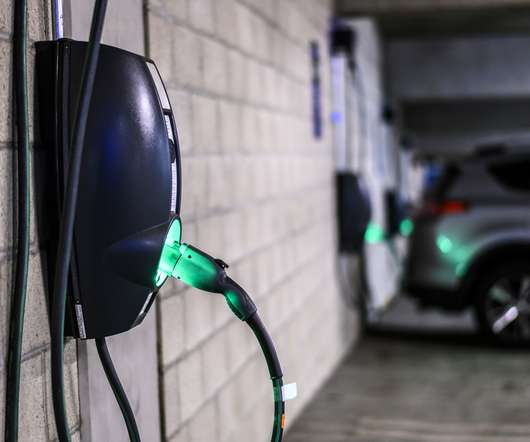Mercedes-Benz Cars plants in Germany to be supplied with CO2-neutral energy from 2022
Green Car Congress
MAY 16, 2018
The preparations for exclusively green electricity for a climate-friendly production in Europe are already well advanced. From 2022, the production of our Mercedes-Benz plants in Germany will operate CO 2 -neutral. Thereby, we completely forego coal-based electricity and obtain our electrical energy from only renewable sources.














Let's personalize your content